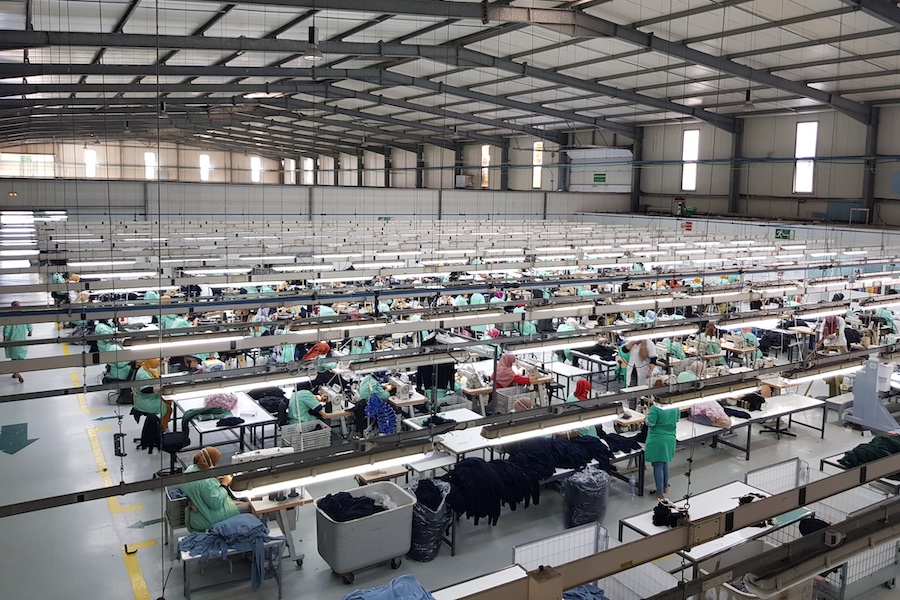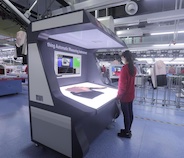#Software
TextileGenesis now enables the fashion industry to trace the origin of all materials, sustainable or generic, via its platform
Until now reserved for sustainable and premium materials, the Lectra Group's traceability solution now includes a new module dedicated to conventional materials.
Traceability, a crucial stake in the fashion sector
"Fashion is a major industry - its economic weight is estimated at 2.4 trillion dollars - but it is highly fragmented. The ten biggest fashion brands account for just 10% of this global market. The fashion value chain is extremely long, comprising 5 or 6 levels, generally in several countries. For a product as simple as a cotton T-shirt, there can be as many as 10 organizations involved, from cotton farming to retailing. In this context, mapping the entire value chain of a garment and ensuring the traceability of its origin is extremely complex," explains Amit Gautam, founder and CEO of TextileGenesis.
Increasingly, however, in all regions of the world, regulations focusing on sustainability, traceability and transparency in the fashion industry are requiring brands to have a precise overview of their supply chain. TextileGenesis has identified 27 such regulations already enforced or in the process of being adopted.
For fashion companies, this means identifying the textile flows used in their entire product portfolio, from design to production and retail to end-of-life. They need to know and control their supply chain, guarantee its transparency, and ensure that the materials they use do not come from regions with high environmental or social impact.
Two supply chain approaches to optimize textile traceability
Thanks to an innovative traceability mechanism, the TextileGenesis SaaS platform has already enabled fashion companies to track sustainable materials throughout their supply chain, from fiber origin through to the retail of garments.
A new module, Supply Chain Discovery, has now been added.
While Fiber to Retail ensures the traceability of sustainable and certified materials using digital tokens that record every transaction from upstream to downstream of the supply chain in real time, Supply Chain Discovery applies a different approach, tailored more closely to the specific features of the value chain for conventional materials.
This new module works in declarative mode, tracing the supply chain backward, from the finished product to the intermediate players across the value chain. The platform can also be used to record information from certified external bodies that carry out traceability tests on samples.
“The addition of this new module is a huge advantage for users of our platform, as they can now consolidate all the information they need to ensure the traceability of the materials in their product range, whether the garments are made from sustainable or conventional materials," explains Amit Gautam.
He concludes: "We are delighted to be able to offer our customers such a comprehensive solution. It enables them to meet the challenge of total traceability, thanks to a single platform that guarantees the highest levels of reliability and security for the data collected, without having to use two separate systems".














